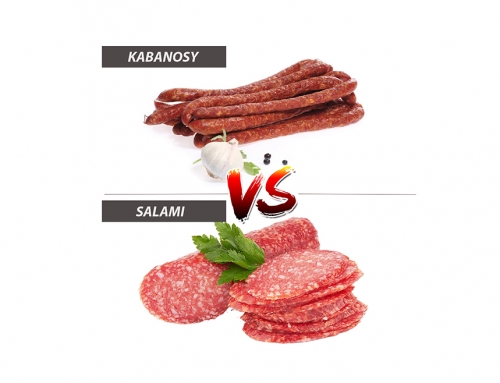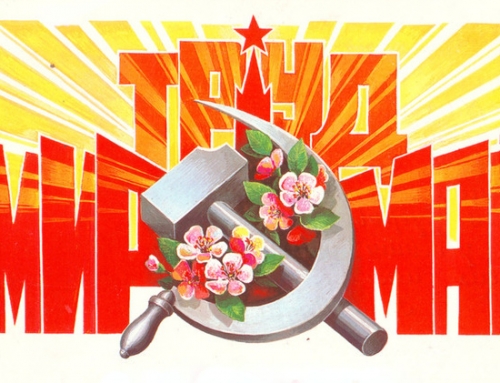Many holidays are different in the Russian and Western cultures with most of the differences coming from the fact that the two worlds used separate – the Gregorian and the Julian – calendars. There is Christmas (December 25th and January 7th) and New Year’s (January 1st and January 13th), as well as some other, not quite as important holidays. If you are Russian, or are married to a Russian, the perk of this little ‘shift’ is that you get to celebrate a lot of holidays twice. What can be better?
We are fast approaching another, very important holiday that practically always falls on two different dates for the two Christian branches – Catholic and Orthodox. In the western world we know this holiday as Easter, while in most non-English speaking countries it is called ‘Pascha’, a name that is derived from the Hebrew term Pesach (Passover). Now we are not saying that Easter and Passover are the same. Of course they are not! But the two are so closely linked that even the names are very similar. In fact, the disciples believed that Jesus was the sacrificial Passover lamb (according to the Gospel of John).
Easter is a holiday that does not fall on the same date each year – it is tied to the lunar calendar and spring equinox, not a specific date. So let’s see how and why this holiday almost always is celebrated with a two week break.
In 325 AD, the First Council of Nicaea determined that Easter will fall on the first Sunday after the first full moon following the Vernal equinox (quite a complicated calculation, don’t you think?). In the Gregorian calendar, the first Sunday after the full moon, following the vernal equinox (which occurs on March 21st), usually falls on a Sunday between March 22nd and April 28th. The Orthodox Church bases its calculations on the Julian calendar and due to the difference of 13 days, Easter falls between April 3rd and the beginning of May. It’s interesting to note that the Julian calendar calculation appears to be much more precise, as according to it Easter has NEVER fallen on a Sunday before Passover, while with the Gregorian calculation it has, and will in the future (for example, in 2008, Gregorian Easter fell on March 23rd, while Passover was on April 20th). The reason we say that this is interesting is because according to all the facts, Jesus could not have been crucified before Passover. In fact, the Last Supper was a celebration of this Jewish holiday.
No matter which Easter date you observe, please remember that Easter is not Easter without the traditional Easter eggs (a symbol of an empty tomb) and kulich (a bread that is similar to Italian penettone). As always, you can find all the necessary supplies to make your Easter Sunday memorable at RussianFoodUSA.com. Enjoy your holidays and be kind to each other!






